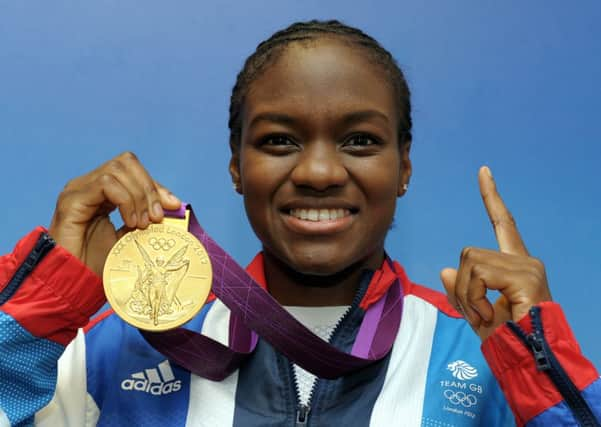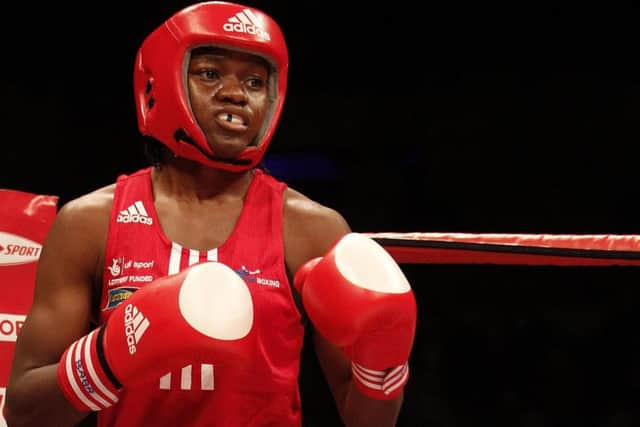Why don’t national newspapers cover more women’s sport?


London 2012 was awash with images of female sporting success. As the Olympic Games lit up the capital and the rest of the country there was the sight of rowers Heather Stanning and Helen Glover crossing the finishing line exhausted but elated as they picked up Team GB’s first gold medal.
Where they led others followed. Yorkshire’s own Nicola Adams and Jessica Ennis were among the golden girls and as the country nudged up the medals table any last doubts that the Games were worth the hefty investment were quietly erased.
Advertisement
Hide AdAdvertisement
Hide AdHowever, the London Olympics was also supposed to be a springboard. It was supposed to see increased participation in physical activity and many had hoped that its legacy would also include increased coverage of women’s sport. However, according to a new study from Leeds Trinity University, the latter remains a sadly unfulfilled ambition. Researchers examined nearly 5,000 articles in seven national daily newspapers during one week in February six months before the Games and returnes to the same newspapers six months after.


They had hope to see a spike in coverage of women’s sports, but the so-called Olympic impact doesn’t seem to have materialised. In February 2012, three per cent of all the sports pages analysed were devoted to women’s sports. Six months after the event, that figure had rise to just four per cent.
“I was actually astonished that so soon after the Olympics and in light of women’s remarkable and inspiring achievements, the coverage in the press was so lamentably low,” says Deirdre O’Neill, associate principal lecturer in journalism at the university, who headed the research. “Whatever one’s views about women’s sports, four per cent cannot be a fair reflection of the level of activity and successes.
“It is impossible not to conclude that sexism, conscious or not, is occurring and having a profound effect on the stories we get to see - or rather the stories we don’t get to see about women.
Advertisement
Hide AdAdvertisement
Hide Ad“However, it is important not to simply blame the press. A number of our interviewees pointed out that women’s sport needs to be far better promoted. Better promotion is likely to lead to better coverage and better coverage is likely to lead to better sponsorship and investment, which in turn will boost coverage and promotion.
“It is a virtuous circle that is not being capitalised on. We need to ask ourselves why just 0.5 per cent of sports sponsorship goes on women’s sports.
“We [women] are more than 50 per cent of the population. We want and need to be seen and celebrated in all walks of life. Young women need - and deserve - better role models than vacuous stick thin celebrities. They need to know that it is wonderful to have healthy strong and powerful bodies.
“Too many girls give up sport in school. Without inspiration and encouragement where will we find the future female medal winners?”
Advertisement
Hide AdAdvertisement
Hide AdAccording to the report, The Invisible Woman?, women appeared in just two per cent of photographs and never made a lead story.
“Football, rugby and cricket aren’t just played by men and rather than reading a text book from the 1980s about women in sport, we need to go outside and see what is going on,” says co-author of the report and Trinity University graduate Matt Mulready.
“In 2013 we all need to open our eyes and realise that women, not just men, are competing and being successful in sport, not just regionally and nationally, but on the international stage. The media could - and should - do more, but at present there is little, if any coverage, which means the so-called Olympic legacies that should be benefitting the next generation are merely buzz words and nothing more.”